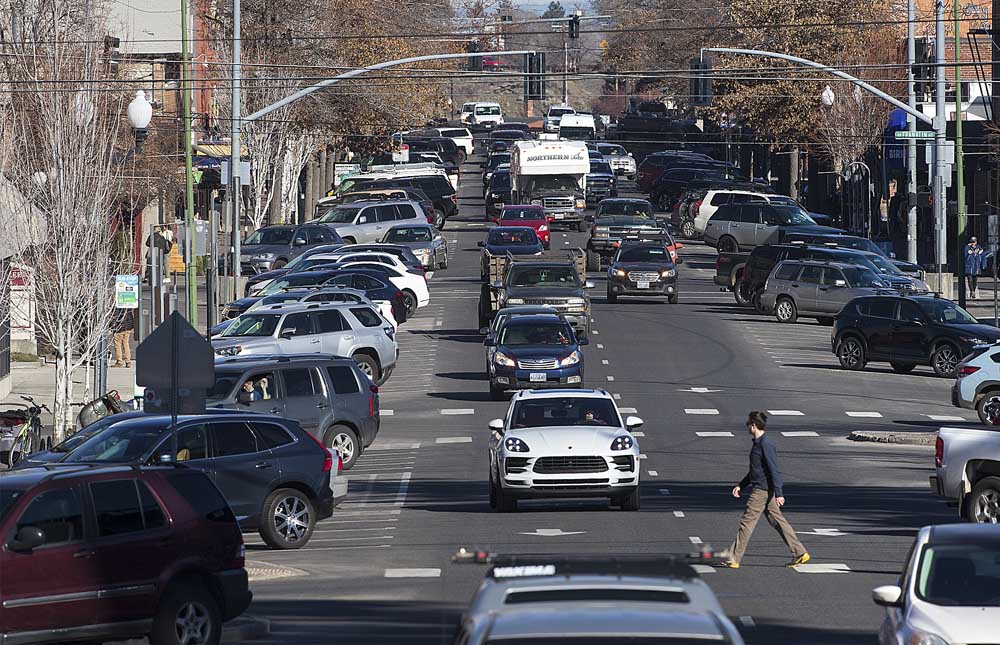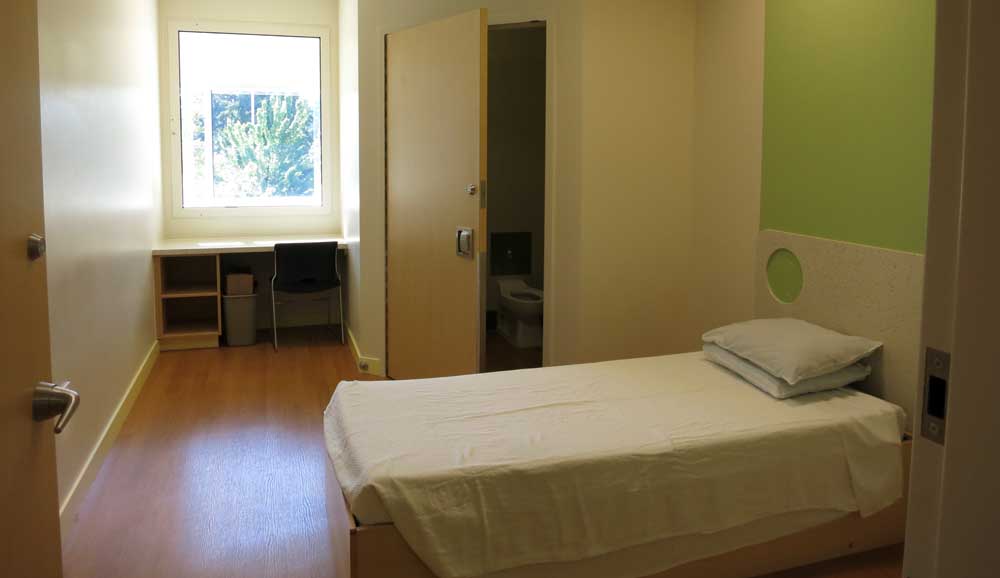Bend City Council makes transportation fee law — here’s how much you’ll pay
Published 5:45 am Friday, March 22, 2024

- Traffic and pedestrians travel on a bustling Wall Street in downtown Bend on Jan. 26, 2022.
Bend’s transportation fee is nearly law, after a unanimous vote from the Bend City Council and a sparsely attended public hearing Wednesday. One more council vote is required before the law could take effect in July.
The fee is a monthly utility bill charge for residents and businesses. It is a common funding mechanism used throughout Oregon and has been discussed intensely in Bend in at least 24 public meetings in the past year. The city hopes to gain $5 million in revenue from the fee’s first year of implementation. The money will only for transportation-related projects.
Trending
The fee, which will be implemented in three phases in as many years, is a living document of sorts.
“We have put things in place so we can change it for the second and the third phase to make sure that it is more equitable,” said Mayor Pro Tem Megan Perkins.
Benchmarks, public updates part of law
Baked into the law are benchmarks for future fee planning and updates for the public. Also, the law requires the council to discuss how to gain revenue from tourists using Bend’s transportation system seasonally as an alternative funding mechanism.
That could include a gas tax, which would have to be referred to voters for approval.
The transportation fee didn’t require a citizen vote because it’s a charge based on resident’s use of a public transportation system and the costs associated with providing that system, the law reads.
Trending
Second vote required
Wednesday’s public hearing and council vote approved the fee rates, added three staff members to handle the fee and enacted the formal ordinance creating the fee and its code. Those three things will require a second vote from councilors at their next meeting.
The city says revenue from the fee will partially remedy budget shortfalls left behind by property tax collection limitations, dwindling state gas tax revenue and increasing demand for transportation maintenance projects in a growing city.
The city has subsidized its transportation costs with general fund dollars. More than $8 million was funneled from the general fund to transportation-related needs in fiscal year 2024, which ends June 30.
The fee will fill that multi-million dollar budget gap so the city can keep up with transportation operations and maintenance while fulfilling its Transportation System Plan, the city’s 20-year guide for transportation needs.
Law intended to fix budget gap
City Councilor Anthony Broadman said at Wednesday’s meeting that the budget gap has been left behind “primarily because past councils were fiscally irresponsible and — multiple times — didn’t take up the obligation they had to plan for and fund one of our core services, which is transportation.”
Initial fee revenue will be used for existing street preservation and maintenance efforts and the purchase of equipment for other services “specifically focusing on sidewalks, crosswalks, key biking routes, and the clearance of sidewalks and ADA ramps at roundabouts and bridges,” René Mitchell, city spokesperson, wrote in an email.
The fee will be revisited later in the year as officials prepare for the fee’s second phase, which is expected to entail rate hikes.








